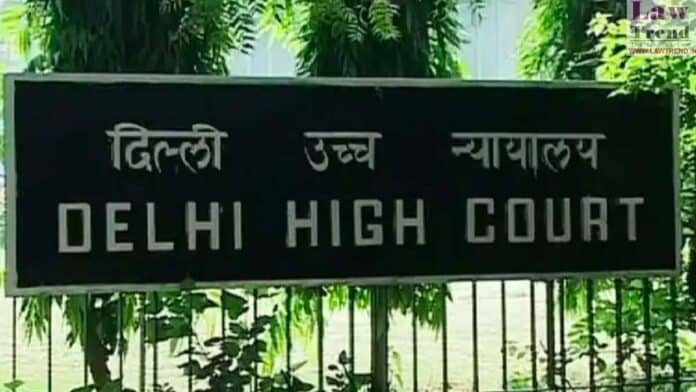The Delhi High Court has set aside an order passed by the Appellate Tribunal under the Prevention of Money Laundering Act (PMLA), holding that a search under Section 17 of the Act is not restricted only to the premises of persons named as accused in a prior scheduled offence report or complaint. The Division Bench
To Read More Please Subscribe to VIP Membership for Unlimited Access to All the Articles, Download Available Copies of Judgments/Order, Acess to Central/State Bare Acts, Advertisement Free Content, Access to More than 4000 Legal Drafts( Readymade Editable Formats of Suits, Petitions, Writs, Legal Notices, Divorce Petitions, 138 Notices, Bail Applications etc.) in Hindi and English.




